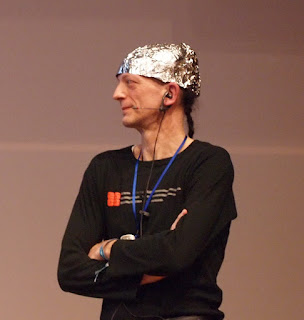Masks Limit "Saliva Plume" Created by Just Breathing
As regular readers know, there has been quite a bit of coverage on this blog about mask effectiveness. It forced me to learn about aerosols and how they move around a room and spread the virus.
On of the casualties of that learning has been my innocence/naivete regarding how much exhaust from other humans I probably have always breathed in. This new study demonstrates how even normal breathing creates a "saliva plume" that travels some distance from the breather.
The study concludes that "normal breathing indoors without a mask can transport saliva droplets capable of carrying virus particles to a distance of 2.2 meters, or 7.2 feet, in a matter of 90 seconds."
Eeww. That means if you're sitting next to someone who is not masked on a plane, or within seven feet of someone at a bar or restaurant, and they are merely breathing, you're going to be inhaling stuff from their "saliva plume." If that plume happens to include enough SARS-CoV-2 partices and you're not vaccinated, you're probably going to get infected.
Scientists study this with a concept called "effectively rebreathed volume." Apparently, models show that in some indoor situations, this value can approach 100%.
The point of the study was to show that masks slow-down and limit the travel of the saliva plumes. Other recent research shows that they do this even when they leak.
So pay no attention to the assorted mask-burners, karens, and debunkers. The evidence is overwhelming that masks work and they prevent the spread of SARS-CoV-2.
Image by American Institute of Physics



